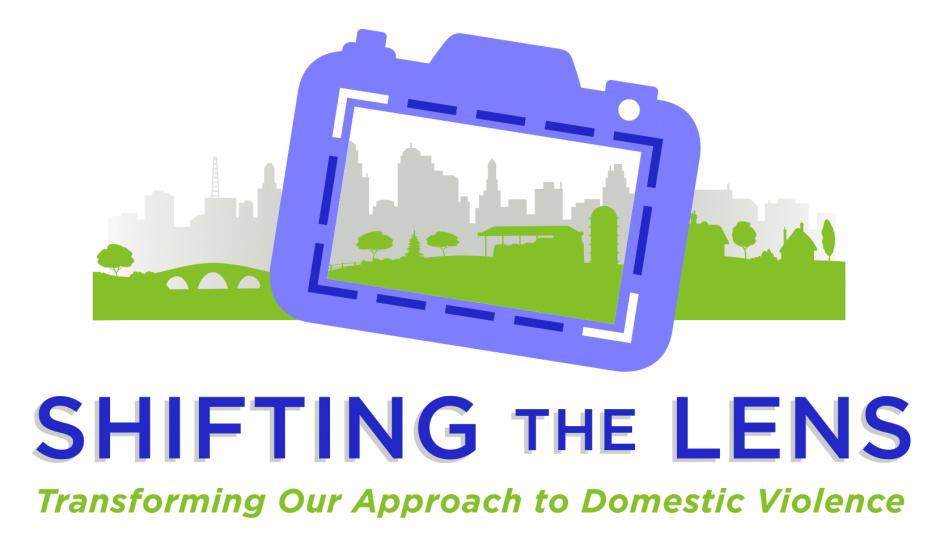Our Statewide Domestic Violence Conference: Keeping the Momentum Going

Conference Photos: Day 1 | Day 2
Access Conference Resources on the Right
 Keeping Our Momentum Going:
Keeping Our Momentum Going:
Shifting the Lens – Transforming Our Approach to Domestic Violence
In May, we convened 400 advocates to ask how we could shift our movement’s lens and broaden our focus to address the following questions:
- How can we meet families where they are?
- How has the traditional victim vs. offender framework impacted families?
- What might it look like to offer supports that aren’t dependent on the victim leaving or the offender going to jail?
- What do we hear from communities about the impact and effectiveness of our current intervention approaches?
- What do we mean by “accountability” and what does it actually look like?What role does “healing” play in our work with individuals, families and communities?
As we think about the changes needed to center the needs of the most marginalized survivors of domestic violence, we ask:
- What does this new landscape look like? Who will lead us there?
- What models will we follow to achieve this goal?
- Will this result in dismantling or augmenting the work being done?
- Given the work that the mothers of our movement have done, how do we honor that work while pivoting to a different place?
We encourage you to continue grappling with these concepts in blog posts and social media. In doing this, please take a look at some recent articles that inspired deeper thought on our Conference themes:
Related Links
- Building a Sustainable Language Access Plan with Community Resources
- DV Homicide Prevention via Systemic Continuum: Acute Law Enforcement Intervention toAccelerated Service Access
- Finding Common Ground to Address Violence Against Sex Workers
- How to Be An Effective Ally: Lessons Learned - Accountability Recipe
- How to Be An Effective Ally: Lessons Learned - Racial Microaggressions in Everyday Life Implications for Clinical Practice
- How to Be An Effective Ally: Lessons Learned - Tool: Recognizing Microaggressions and the Messages They Send
- How To Be An Effective Ally: Lessons Learned from Two Aspiring Allies
- A Margin-to-Center Approach to Leadership Development for Transformational Networks
- Mobilizing Youth & Creating Media to Prevent Adolescent Relationship Abuse
- Re-Defining “Access” by Building the Power of the Margins
- Report from the San Mateo Domestic Violence Safety and Accountability Assessment
- Print-friendly

